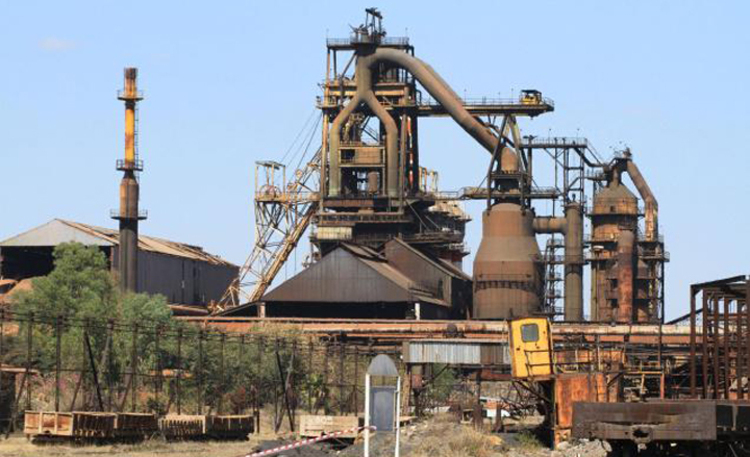Kuvimba eyes stake in Zisco
Diversified miner, Kuvimba Mining House, is reportedly among top companies that submitted bids for a majority stake in Zimbabwe Iron and Steel Company (Zisco), sources close to the development have revealed.
Zimbabwe launched the tender inviting fresh bids for Zisco’s shareholding in April this year in a bid to attract new investors for once Africa’s largest integrated steel maker.
The tender closed last week where 12 local and foreign companies participated.
Kuvimba was established last year and the Government has 21 percent direct shareholding. Forty-four percent is held by State linked entities, giving the Government a controlling 65 percent.
The remaining shareholding is owned by foreign investors. Kuvimba, whose mining asset include gold, nickel and platinum, declared its first dividend two weeks ago, paying US$5,2 million to its investors after it reported record production, particularly from its gold assets.
The dividend will be paid to shareholders in the first quarter of 2022, earlier than expected.
Sources told Business Weekly that Kuvimba made a bid for Zisco, with the company looking at investing US$300 million.
In January this year, David Brown, it’s chief executive said Kuvimba was looking at raising US$1 billion for its mining assets in Zimbabwe. It is understood that some high level presentations were made by Kuvimba “about their proposed road map” for the revival of Zisco.
“The interest is there and the bid has been submitted,” said one source who requested not to be named because he is not authorised to talk to press. Brown declined to comment when contacted for a comment this week.
Industry and Commerce Minister Dr Sekai Nzenza was not immediately available for a comment.
Zisco stopped operations in 2008 due to lack of capital to recapitalise and poor management.
With its furnaces having capacity to produce up to one million tonnes annually, the company was among Zimbabwe’s major foreign currency earners.
The company started operations in Bulawayo in 1938 having been formed by a private consortium.
In 1942, the Government formed the Rhodesia Iron and Steel Commission, a statutory body which took over the steel works.
In 1946, a small plant was constructed at Redcliff and commenced production in 1948. Between 1948 and 1956, Zisco gradually expanded and a year later, the Rhodesia Iron and Steel Company was formed followed by an expansion programme, which saw the commissioning of modern blast furnaces and installation of the first coke oven battery.
Zisco has been a subject of foreign investor interest in the past. Essar Africa Holdings, a unit of India’s Essar Group, had agreed to invest in Zisco in 2011 during the era of the inclusive Government, but the deal collapsed in 2015. This was after a similar deal with another Indian firm, Global Steel Holdings failed to materialise in 2007.
Essar planned to build a new steelworks complex, replacing the antiquated plant and exported it via a terminal it wanted to build in the port of Beira, Mozambique.
The company was looking into the feasibility of building iron ore and coal terminals at the port of Beira.
The other international companies that once showed interest in Zisco include ArcelorMittal South Africa, a unit of the world’s biggest steel maker.-ebusinessweekly.cl.z











